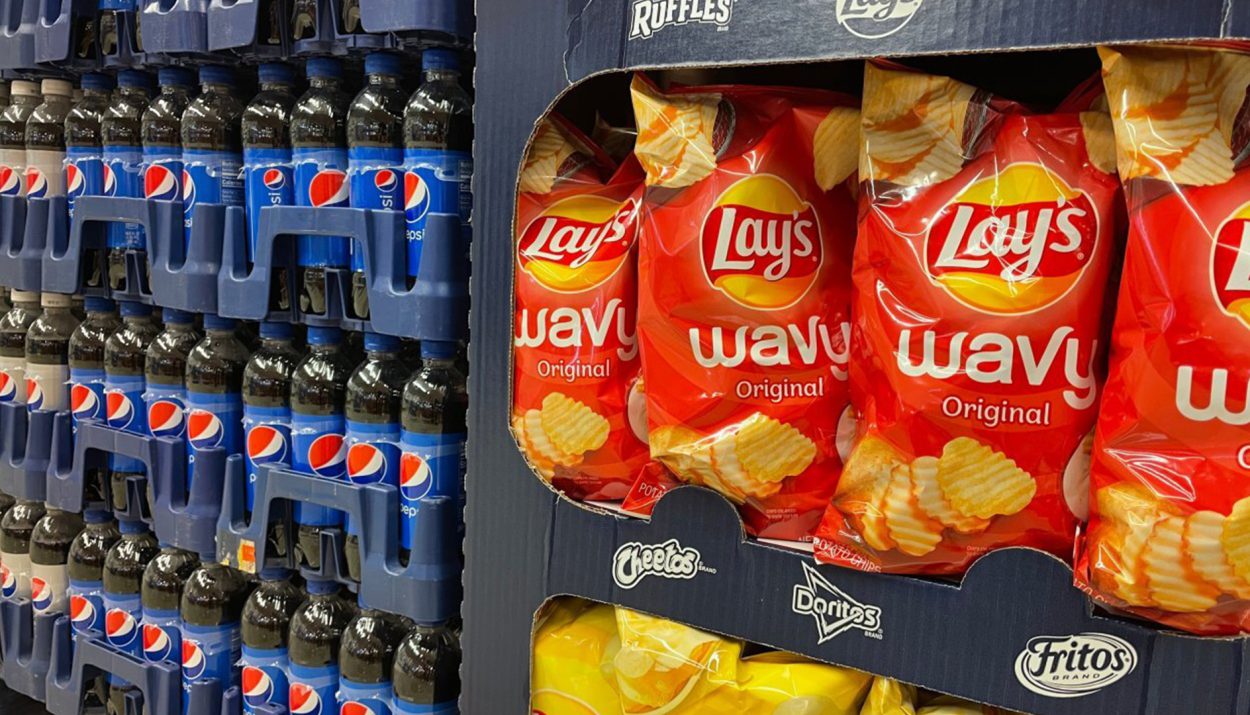Carrefour, a retail giant with a significant presence across Europe, has made a bold move by discontinuing the sale of popular PepsiCo products like Lay’s chips and Pepsi beverages.
This decision, considering several countries including those from France, Italy, Belgium, and Spain, shows clearly the heightening challenges encountered by retailers because of some unreasonable price increases and inflation.
Carrefour’s Announcement to Customers
In January Carrefour informed its users that it would not sell a range of PepsiCo products manufactured by the company which included Lay’s Chips, Doritos, and Lipton Teas, to the customers because there was a considerable increase in the price of the items supplied by the manufacturer.
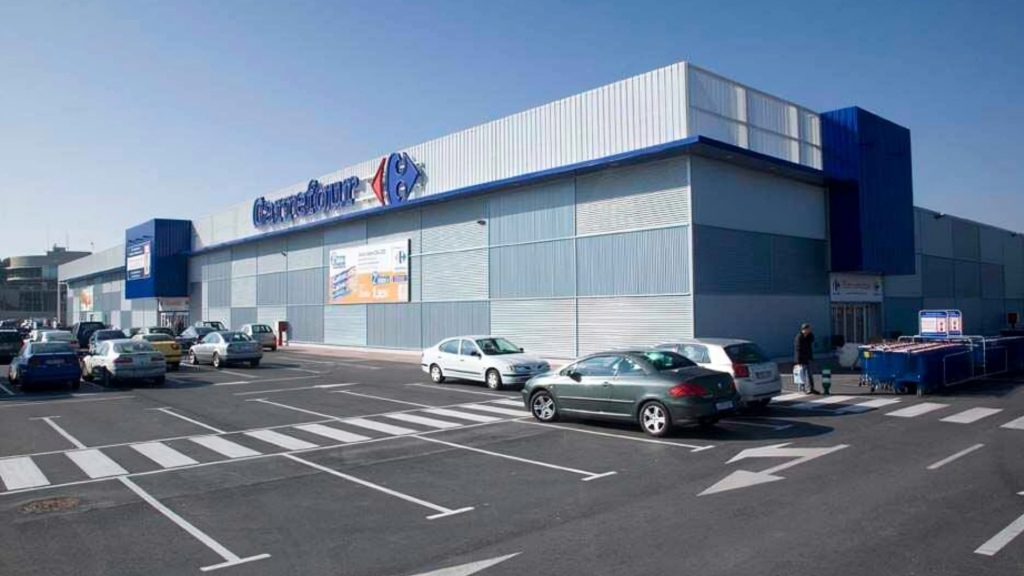
A notice posted in Carrefour’s aisles stated, “We regret to inform our valued customers that we will no longer be stocking Lay’s chips, Pepsi beverages, and Lipton teas in our stores.” Carrefour’s communication director emphasized, “We value transparency and want our customers to understand the reasons behind our product selection choices.”
Global Presence and Price Commitment
Carrefour has confirmed its commitment to supplying low-cost alternatives to customers by maintaining a worldwide network of over 12,000 stores.

“Our global footprint allows us to leverage economies of scale to keep prices affordable for our diverse customer base,” affirmed Carrefour’s chief marketing officer. In-store signage and promotional materials enhance the company’s commitment to offering competitive lowest prices in the face of any market challenges.
What Was PepsiCo’s Response?
PepsiCo, the multinational food and beverage corporation, acknowledged ongoing negotiations with Carrefour to address pricing concerns. However, when approached by the media, the officials were reluctant to talk about the issue and address any sort of comment.
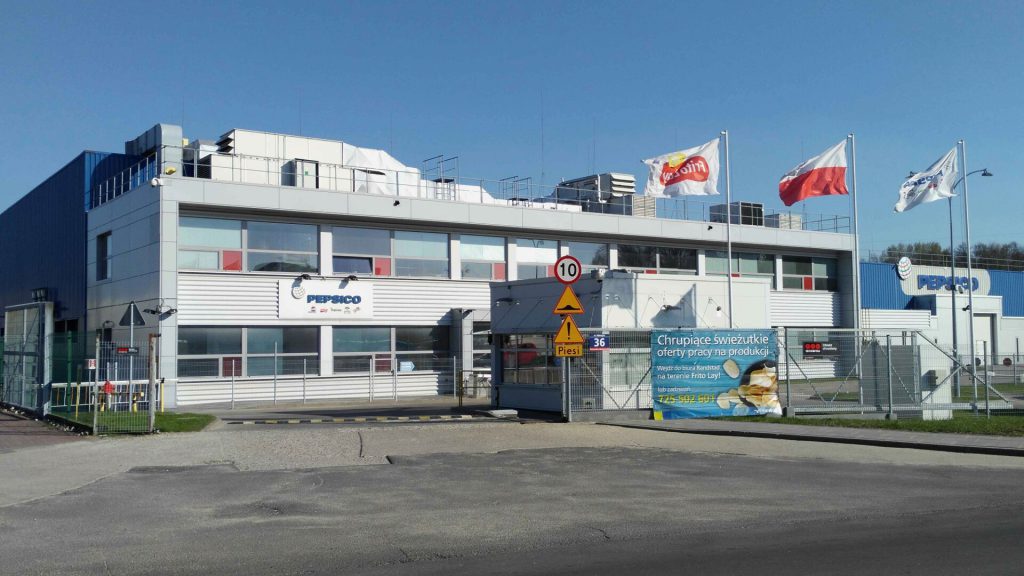
A PepsiCo corporate communications team representative stated, “We remain committed to fostering mutually beneficial partnerships with our retail partners.”
Impact of Rising Food Prices
Carrefour’s position to stop selling PepsiCo is in line with the general trend of higher food costs in Europe, particularly in France among all others.

Increasing prices, as a result of supply chain disruptions and inflationary factors, have made the retailers rethink the products and pricing strategies they need to adopt. An industry analyst noted, “We’ve observed substantial spikes in food prices, necessitating strategic adjustments to protect our customers’ purchasing power.”
What Was the Positive Response from Shoppers?
The announcement of Carrefour’s product withdrawal gathered favourable reactions from its customer base.

The supermarket chain received much praise from many customers for its decision to maintain cheap prices during times of economic instability. They said that they applauded Carrefour for working towards the benefit of the consumer and providing low-priced choices.
Implementation of Warning Labels
In an effort to make the processes more open, Carrefour observed quantity reductions and price increases on the goods by using warning labels.

“We believe in providing clear and concise information to our customers to foster trust and transparency,” emphasized Carrefour’s quality assurance manager. Such labels are aimed at supplying consumers with information concerning the changes introduced by manufacturers and, as a result, enable consumers to use this knowledge for making careful purchasing decisions.
Is There an Early Price Negotiation Initiative?
In the context of price negotiations between retailers and suppliers due to inflation, the French government took immediate price negotiations to stop the price increases. A government spokesperson affirmed, “Timely negotiations are crucial for safeguarding consumer interests and maintaining market stability.”

Carrefour addressed this provision through early negotiations to seek favourable conditions and avoid extreme price fluctuations.
What Is the Regulatory Approach in France?
The rules governing French trade are designed in a way that protects the domestic farming industries. The French regulatory system aims for a balance, where the sustainability of the industry and the affordability for the consumer are taken into consideration.

Annual face to face negotiations between supermarkets and food producers are the core of these policies even though they do pose some problems during periods of increase in food prices.
Supermarket Readiness to Delist
All of the French supermarkets, including Carrefour, maintain a readiness to delist suppliers should price negotiations fail to yield favourable outcomes.
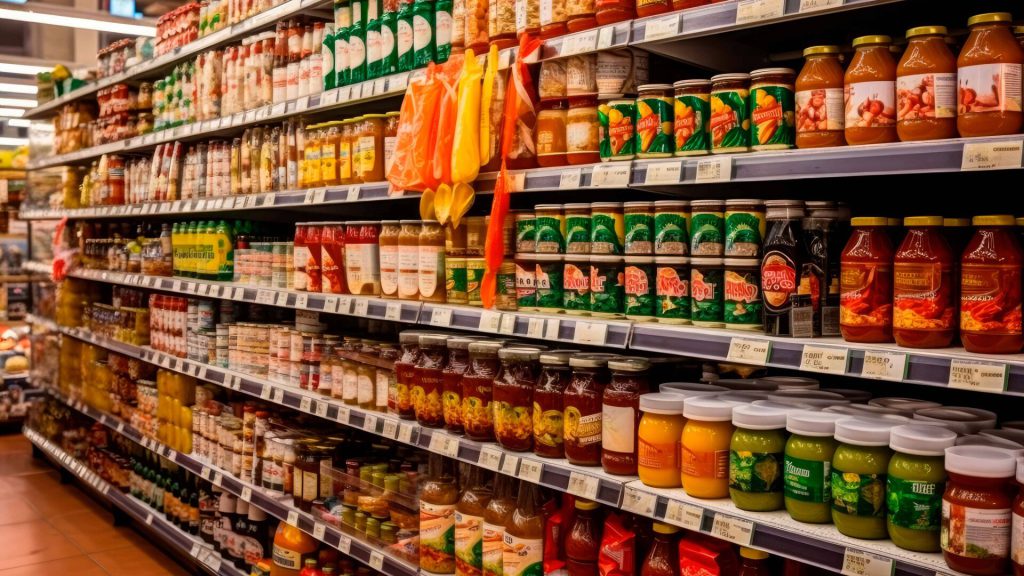
“Delisting suppliers is a measure of last resort aimed at safeguarding consumer interests and maintaining market competitiveness,” explained a retail industry expert. This initiative-taking measure underscores retailers’ commitment to preserving access to essential goods while advocating for fair pricing practices.
What Is the Penalty Box Strategy in the U.S.?
The United States retailers have therefore developed the “penalty box” method of keeping supplier relations in check and motivating competitive pricing.
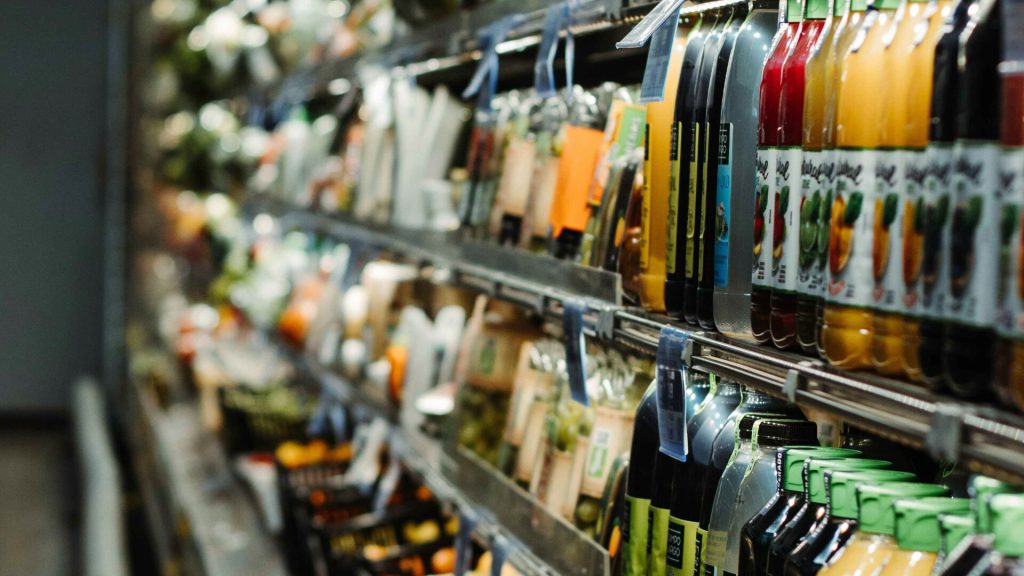
This strategy results in granting less favourable shelf placement and promotional support to brands that do not align with retailers’ pricing expectations. A retail consultant observed, “The penalty box strategy empowers retailers to exert influence on supplier behaviour and ensure fair market practices.”
CEO Advocacy for Price Moderation
Many industry leaders, such as Michel-Edouard Leclerc, CEO of E. Leclerc, are advocating for price moderation to help ease consumer burdens as inflation escalates.

“It is incumbent upon major suppliers to exercise price moderation and support consumer affordability,” emphasized Leclerc during a public statement. Public expressions of dissatisfaction with supplier price hikes highlight the constraint for collaborative efforts to stabilize market conditions.
Industry-wide Impact and Strategy
Carrefour’s decision reflects a broader industry trend towards ensuring affordability and transparency in pricing amid economic challenges, highlighting the critical role of retailers in shaping pricing dynamics.
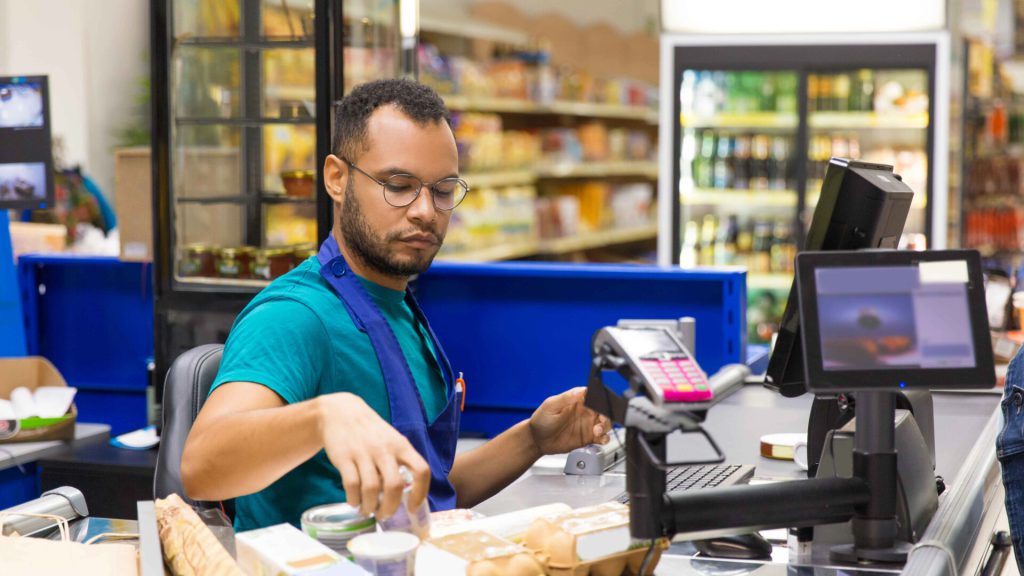
Many other retailers took similar measures, thus showing an interconnected industry attitude to promote fairness and accessibility. This equal stance builds confidence among consumers and stakeholders who can be assured of the protection of their interests.
Supply Chain Disruptions
The recent decision by Carrefour to stop selling PepsiCo goods underlines one of the major problems in retail that is supply chain disruptions.

These interruptions, made more difficult by the phenomena of global nature, including the COVID-19 pandemic and geopolitical tensions, have severely burdened the logistical systems world wide. The global logistical concerns have compelled the retailers in working out their product stocks and pricing efforts that can guarantee their supply continuance.
Are There Any Consumer Behavior Shifts?
Changing consumer preferences and purchasing behaviours amidst economic uncertainty have not only prompted but determined retailers like Carrefour to adapt their product offerings and pricing structures to meet evolving demand.

“Consumer behaviour is not just a factor, but the driving force behind our decision to prioritize affordability and value for our customers,” emphasized a Carrefour representative. This strategic response underscores the influence consumers have on shaping business strategies and maintaining market relevance and competitiveness.

